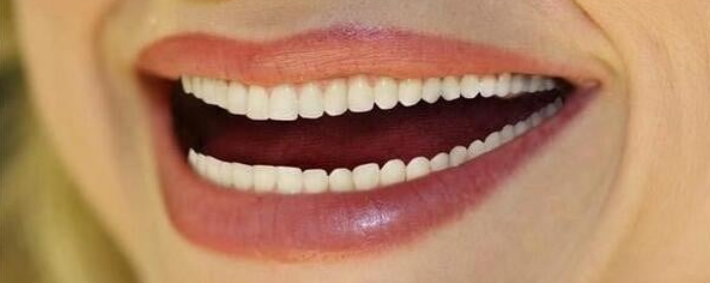A med for new teeth, penicillin allergies overblown, the power of personal placebos, and more
19 Jul 2023
Posted by Andrew Kantor
The odds against penicillin allergies
Most people who think they have penicillin allergies probably don’t, according to a new study out of Vanderbilt University Medical Center. It confirms what was until now limited evidence that a lot of people may have been diagnosed incorrectly as children.
And by a lot, they mean a lot:
“The majority of patients labeled as penicillin allergic, more than 90%, have low-risk histories, meaning they did not have a history to suggest a severe or more recent reaction to a penicillin. We would expect more than 95% of these patients to have negative testing and be able to take penicillin in the future.”
That’s 95% of 90% of “penicillin-allergic” people who aren’t really allergic — patients who have been taking unnecessarily broad antibiotics. Takeaway: If someone was diagnosed as allergic as a kid by didn’t actually have a reaction to penicillin, it’s probably worth testing to be sure.
Why to pay attention to hearing aids
Here’s a good reason to consider working more with patients and those newly authorized OTC hearing aids: Hearing better can help slow the effects of dementia.
As the brain struggles to hear, scientists suspect, it might have less capacity for cognitive work like thinking or remembering. The brain shrinks faster when it absorbs less sound. Hearing loss can also lead to social isolation, leaving older folks less cognitively engaged.
Of note: It seems to apply most to those who are at the highest risk of dementia, where “participants who wore a hearing aid had 48% less cognitive change after three years than those who didn’t.”
Shameless plug: GPhA offers a home study CE course, “OTC Hearing Aids: How Pharmacists Can Support Safe Self-Care” — check it out at GPhA.org/hearingaids.
Promises, promises
Remember when drug companies promised to lower the price of insulin for the uninsured? Welp, it seems that it hasn’t actually happened yet. That’s what a report from Georgia Senator Reverend Raphael Warnock (as well as Sens. Richard Blumenthal and Elizabeth Warren) found when they had investigators call more than 300 pharmacies.
The average cost of Lispro for uninsured patients was $97.51 — nearly four times higher than the $25 price cap set by Eli Lilly. In addition, 42 percent of the surveyed pharmacies did not have the lower-priced generic in stock.
The teeth are out there

You’ve got baby teeth and adult teeth, and now Japanese researchers think they have a drug that can grow a third set of teeth. Their goal was to help people who have a genetic condition that prevents them from growing a full set of teeth (anodontia, if you feel like searching) but they think it could also be used for people who lose their teeth other ways, such as disease … or picking a fight with the guy who tattooed his own face.
In short, their experimental drug deactivates a gene that creates a protein that limits tooth growth. “In other words, blocking the action of that protein could allow more teeth to grow.” They’re hoping to start human trials next year.
“[W]e’re hoping to see a time when tooth-regrowth medicine is a third choice alongside dentures and implants.”
(Bonus: includes the phrase “game-changer.”)
A better … placebo?
If someone believes a placebo is actually a medication, there’s a good chance it will work for them. But if they think it’s “personalized to their genetic makeup and physiology,” it could work even better. So reported Canadian researchers in a new paper. Fun fact:
The effect was even stronger for those who valued their individuality and had a high score on a personality trait called need for uniqueness.
And here’s the backflip: It could mean that real personalized medical treatments work better not just because they’re actually tailored to an individaul, but “that psychological factors may also potentially play a role in their effectiveness.”
The next next Alzheimer’s drug
This one comes from Eli Lilly, which is planning to submit it for FDA approval. Called donanemab, it “was shown to be 35% effective at slowing the rate of the disease, and 60% effective in early stage patients.”
Why yes, someone did call it a “game-changer.” There is a potential downside, though: “Nearly 37% of donanemab patients experienced brain swelling or bleeding.”
Short Takes
RSV vax approved for babies
The FDA has approved the monoclonal antibody vaccine Beyfortus for newborns and infants “born during or entering their first RSV season, and for children up to 24 months of age who are vulnerable to severe RSV through their second RSV season.”
Vaccination rates are improving
“Fewer children around the world missed receiving routine vaccinations in 2022 compared to the year before, indicating a rebound in childhood immunizations following the Covid-19 pandemic.”


